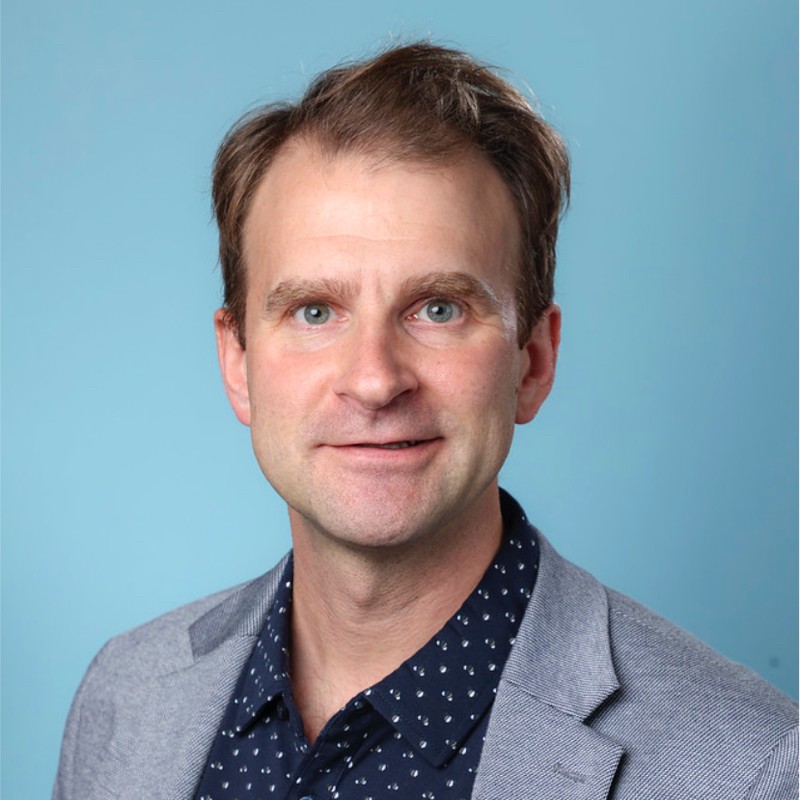Sebastian Hultberg is a seasoned engineer and sustainability leader, currently serving as the Director of Solid Waste Services for Eco360, the solid waste division of the Southeast Regional Service Commission (SERSC) in New Brunswick, Canada. With a background in mechanical engineering and over a decade of experience in complex infrastructure and environmental operations, Sebastian has become a driving force behind innovative, emissions-focused waste management in Atlantic Canada.
At Eco360, Sebastian oversees all aspects of solid waste operations, including landfill engineering, recycling, organics processing, regulatory compliance, and strategic planning. Under his leadership, the facility has evolved into a nationally recognized model for circular waste systems and emissions reduction.
One of his most impactful achievements has been the implementation of a 1.0 MW landfill gas-to-energy generator, which captures methane, a potent greenhouse gas, from the landfill and converts it into electricity for the facility and the provincial grid. This initiative not only reduces Eco360’s operational greenhouse gas emissions significantly but also aligns with Canada’s Landfill Methane Recovery and Destruction Protocol, enabling the facility to participate in future carbon credit programs.
Sebastian has also led efforts to modernize and expand organics composting infrastructure, scale up waste diversion programs (with over 800,000 tonnes of material diverted from landfill), and integrate sustainable design into landfill construction and leachate treatment. Known for his systems-based thinking and practical innovation, Sebastian brings together technical expertise, fiscal responsibility, and environmental stewardship. He works closely with municipal partners, regulatory bodies, engineers, and the public to ensure that Eco360 not only meets but exceeds environmental standards, delivering climate benefits and economic value for the region. Beyond facility management, Sebastian is an advocate for climate-conscious infrastructure in the public sector and has become a respected voice on how regional solid waste systems can play a central role in achieving Canada’s net-zero emissions goals.

In the spirit of respect, reciprocity, and truth, we acknowledge that we live, work, and gather on the traditional territories of the peoples of Treaty 7, including the Blackfoot Confederacy—comprising the Siksika, Kainai, and Piikani Nations—as well as the Îyâxe Nakoda and Tsuut’ina Nations.
This land, known as Moh’kinsstis in the Blackfoot language and encompassing what is now Districts 5 and 6, is also home to the Métis Nation of Alberta, Region 3, within the historical Northwest Métis homeland.
We recognize and honour the deep connection these Nations have to the land, and we are grateful for the opportunity to share in its stewardship.
As we continue our work, we commit to learning from Indigenous knowledge systems, uplifting Indigenous voices, and fostering relationships rooted in equity, understanding, and reconciliation.